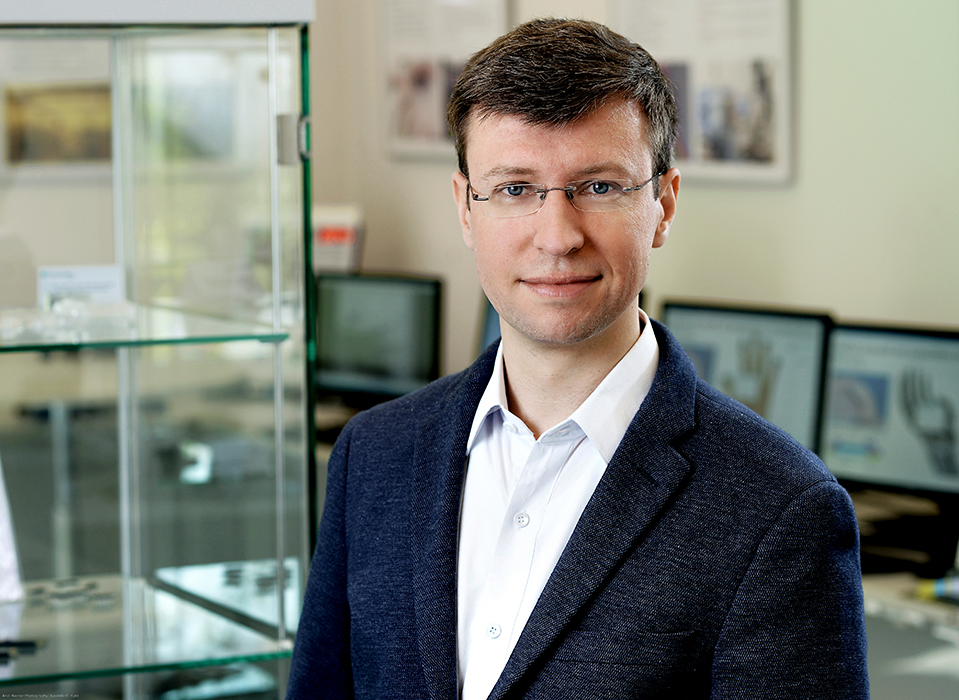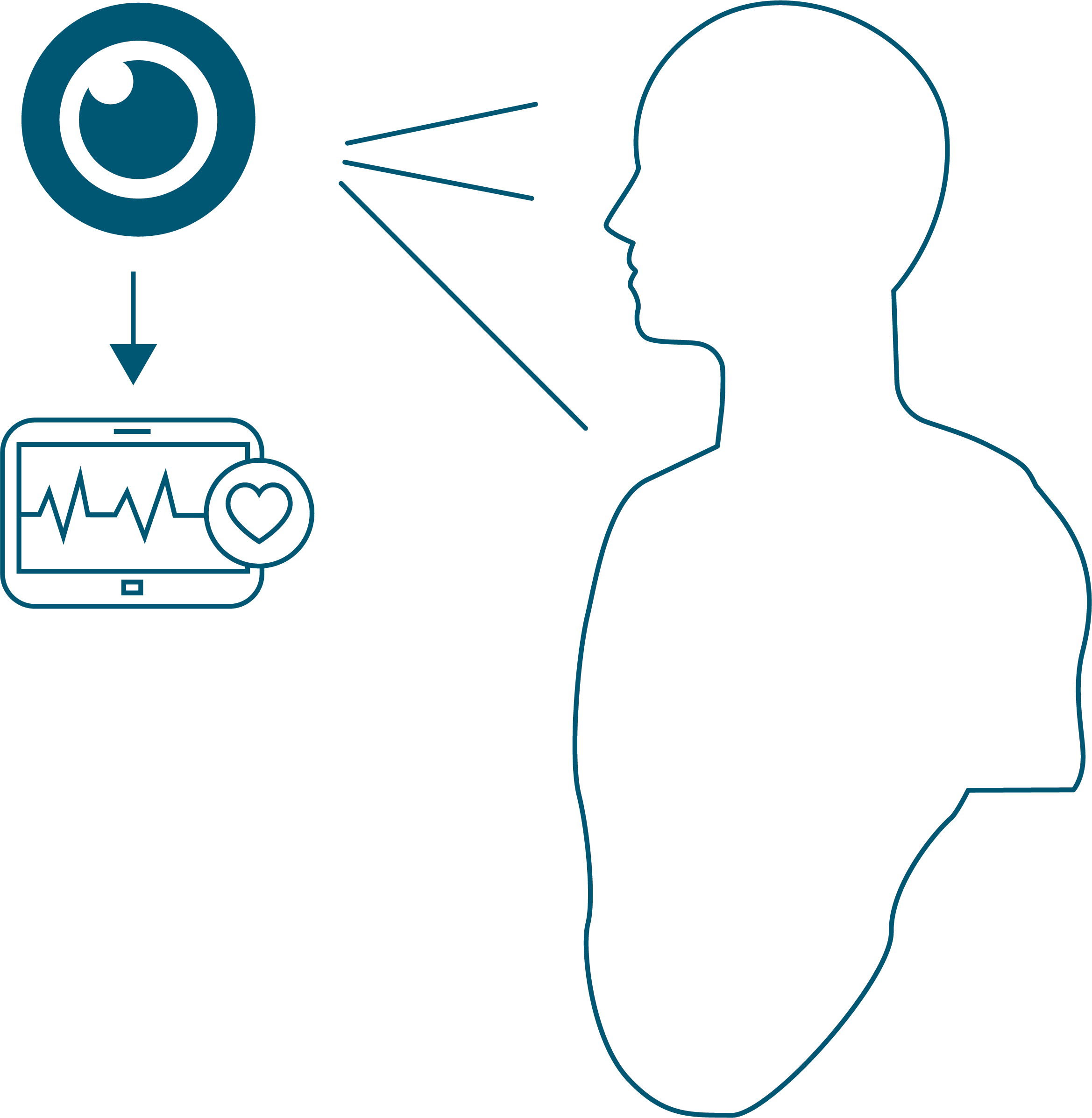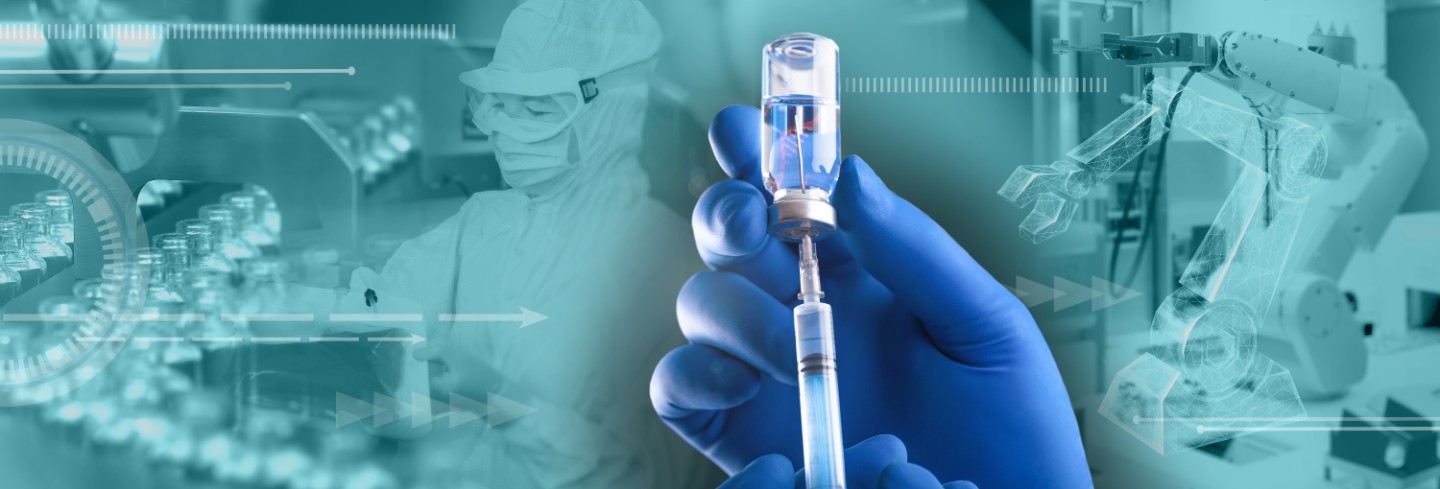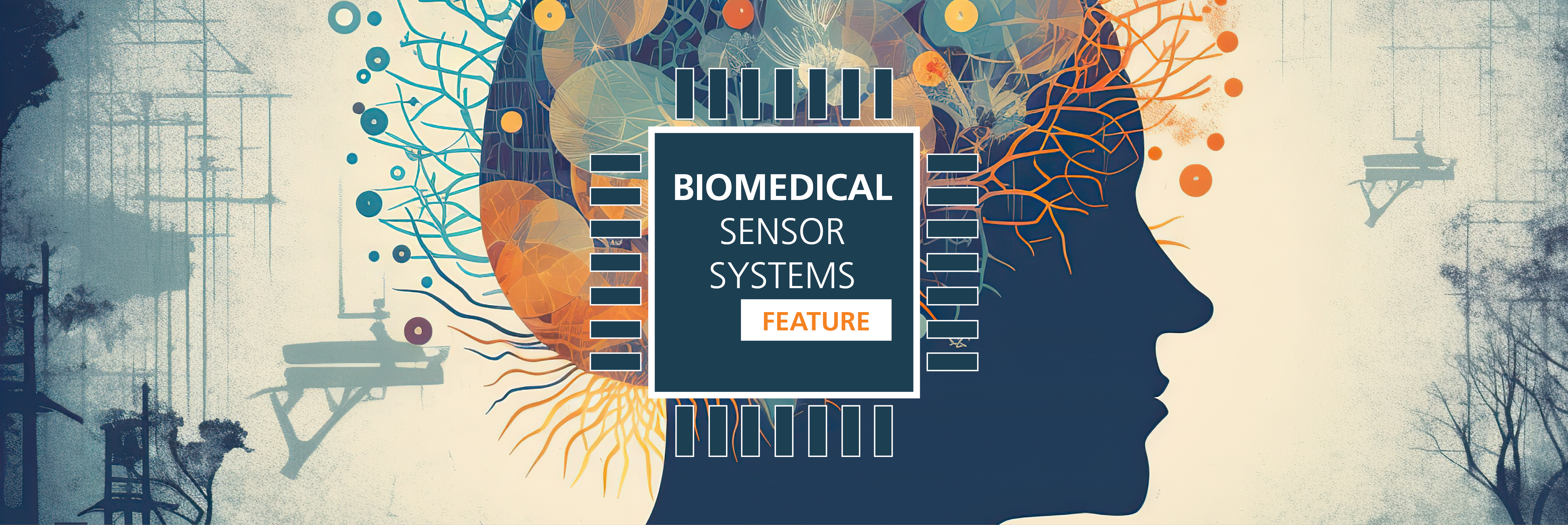Feature
Highly sensitive, intelligent medical sensors: Innovation drivers for a better healthcare for everyone
Karsten Seidl, Head of Business Unit Health, and his team want to shape the medical care of tomorrow with intelligent sensor solutions. »With the help of various sensors, for example, we relieve caregivers of the burden of measuring vital parameters, ensure high quality in the production of cancer therapeutics, and enable the treatment of neurodegenerative diseases such as Alzheimer's and depression,« explains Karsten Seidl. »We bring innovations to medical technology SMEs and thus make our contribution to a stable and progressive healthcare for patients.« Find out below, which projects will help to make these things possible.


Sensor technology for contactless vital parameter measurement to relieve the workload of care workers and containing the effects of the shortage of skilled workers
In the CAREFUL EDGE-X[1] project, Fraunhofer IMS is working with further partners[2] to develop an intelligent solution for care that works by contactless recording and local processing of vital parameters via edge computing. »With our Gaia-X standardized solution, we want to consider both in- and outpatient care applications in order to relieve caregivers in their daily work,« summarizes Caroline Reßing, project manager in the field of contactless vital sign measurements at Fraunhofer IMS.
In the project, the Fraunhofer IMS contributes the know-how for contactless sensor technology to record vital parameters in an intelligent nursing room. Together with other sensory advanced devices such as a nursing bed, a seat cushion and a nursing robot, the data will be validated and used to optimize care. Communication between the devices is handled via a digital care platform and software. The CAREFUL EDGE-X project therefore connects the fields of nursing, robotics and smart living and enables cross-sector use. Local data processing in the edge device reduces energy consumption for communication and in cloud data centers, which benefits climate and environmental protection.
In addition to medical applications, our contactless vital sign measurement can also be used for operating machines and driving cars to achieve more safety on the road and in production. In the latter case, we are also involved in the automation of processes in pharmaceutical production, on which we report more in the following project.
Automated production technologies for mRNA-based drugs provide resource-efficient and more affordable health care for everyone
In the lighthouse project RNAuto[3], seven Fraunhofer Institutes are researching on automated production technologies for innovative mRNA-based drugs. »This will create the technological prerequisites for access to novel vaccines or gene and cell therapeutics for a large number of patients. The goal is to ensure resource-efficient and economical healthcare that can be accessible to everyone,« summarizes Nicolas Schierbaum, project manager for the Fraunhofer IMS contribution to the lead project.

Previous solutions do not always meet the requirements of »Good Manufacturing Practice« (GMP, guideline for quality assurance of production processes and environment in the production of drugs and active substances) sufficiently and require many manual steps. The goal of the project is to develop an automated screening system and a closed module with integrated quality control that map all process steps in a digital twin. Fraunhofer IMS is responsible for the development of the sensor technology for online quality control and uses time-resolved photodetector arrays based on SPAD technology (Single-Photon Avalanche Diode). The feasibility of the project is demonstrated by two substances - an mRNA vaccine for prophylaxis against the viral disease West Nile fever and an mRNA-induced gene therapy against cancer based on natural killer cells from healthy donors.
From cells, we move on to neurotransmitters, the chemical messengers in our brains that we can use to research various diseases, but also those that release the happiness messenger dopamine.
Measuring neurotransmitters in the brain to study diseases such as Alzheimer's and depression by analyzing chemical compounds is possible with our fast-scan cyclic voltammetry data acquisition system
The future of neurochemical research is just around the corner with our powerful data acquisition system for Fast-Scan Cyclic Voltammetry (FSCV) measurements! Our system is designed to take the measurement of neurotransmitters such as dopamine to the next level through its unique combination of flexible configuration, high performance stimulation and simultaneous data acquisition on up to 16 channels.
Our advanced FPGA technology (Field Programmable Gate Array) is designed to apply individually programmable voltage curves to a multi-electrode array and measure the response of neurons in real time. The highly sensitive analog measurement circuits will be perfectly matched to the electrode array to minimize interference and provide accurate results. »In this project, we are developing a system with maximum flexibility in the configuration of the measurement scenario, which is scalable for later extensions,« says Kira Heinrich, project manager in the medical implants area.
Everyone from the business area sees great progress and opportunities from biomedical sensor technology in our society. »Through open approaches that go beyond the health sector, we can improve the everyday lives of many people. As scientists, we would like to continue to develop good solutions in the aforementioned projects and also in new collaborations with SMEs, start-ups or other Fraunhofer institutes, so that together we can build sustainable healthcare that everyone can afford,« concludes Karsten Seidl.
[1] This project is funded by the German Federal Ministry for Economic Affairs and Climate Protection (BMWK) under the funding code 01MD22006A.
[2] C&S Computer und Software GmbH, Medisana GmbH, Hermann Bock GmbH, Visseiro GmbH, Friedrich-Alexander-University Erlangen-Nürnberg
[3] Funded within the internal programs of the Fraunhofer-Gesellschaft.
